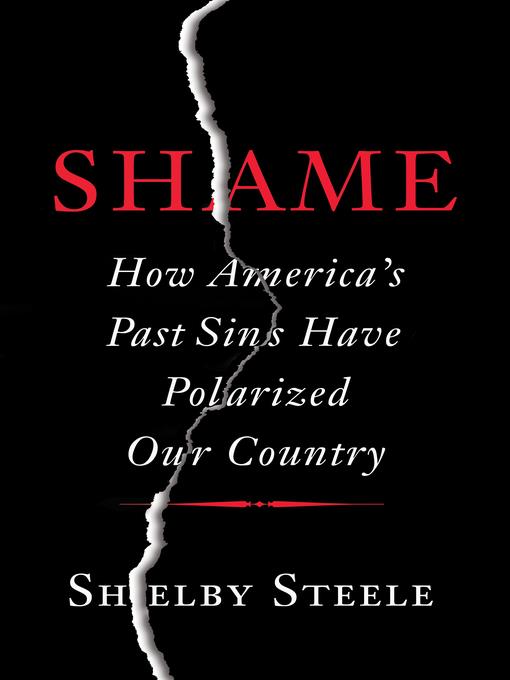
Shame
How America's Past Sins Have Polarized Our Country
کتاب های مرتبط
- اطلاعات
- نقد و بررسی
- دیدگاه کاربران
نقد و بررسی

Starred review from December 22, 2014
Steele (White Guilt), a leading intellectual and senior scholar at the Hoover Institution, inquires into white guilt and liberal dogma, challenging ideas that he finds pervasive on the left. A fixation on the “struggle for white redemption,” Steele argues, warps clear thinking. Moreover, he finds that too many white liberals perceive deferential shame as the antidote to historical evils, as though shame is morally necessary to absolve the nation’s racial sins. Dissociating the nation from its history has thus become a preeminent institutional mission—a mistaken one, in Steele’s opinion. He vividly recounts his encounter with an unyielding white “commitment to black victimization” while participating in a panel discussion at the Aspen Institute. He also remembers the surprise he felt as a young African-American man, watching William F. Buckley debate James Baldwin on Firing Line, to discover he agreed more with Buckley than Baldwin. Yet Steele also finds that many white people fail to appreciate the effect of four centuries of oppression on African-Americans. Steele concludes that economic success for African-Americans must be rooted in self-help and freedom from self-pity, though he unfortunately minimizes the continued economic inequalities standing in the way. Nonetheless, this timely critique warrants attention from anyone troubled by the persistence of racial discord in American life, from Selma to Ferguson. Agent: Carol Mann, Carol Mann Agency.

December 15, 2014
A conservative analysis of political polarization and race relations in America, more thoughtful and less vitriolic than most volleys from either side.As the son of a mixed-race marriage, Hoover Institution senior fellow Steele (A Bound Man: Why We Are Excited About Obama and Why He Can't Win, 2007, etc.), who won the National Book Critics Circle Award for The Content of Our Character (1991), built his moral foundation on the civil rights activism and idealism of his parents. In college, he considered himself "on the borderline between liberalism and radicalism." But as he remained true to what he considered the country's ideals and never succumbed to the anti-American hatred of an evil empire, he found that his notions of freedom and fairness fit better within the conservative camp, which rejected affirmative action and other signs of "paternalism...far more maddening and smothering than anything I had known in full-out segregation." Steele claims that the country must overcome the sins, shames and apologies of the past if it is to move forward, black Americans in particular. Personal experience humanizes his political progression, from his quitting the high school swimming team after a racial exclusion to his trips to Algiers, where he encountered Black Panthers he considered "thugs" and to an Africa that had reaped the charitable benefits of "American exceptionalism." The author maintains that the liberal mainstream has been willing to compromise core values for the sake of "the Good" and for the poetic truths that he believes are illusions of innocence in comparison with the literal truth favored by conservatives. "[T]his is a 'war' between two foes-today's political Right and Left-that are almost as fundamentally antithetical and irreconcilable as the Soviet Union and the United States once were," he writes in a bit of overreach that doesn't characterize the tone of most of the book. Liberals will challenge Steele's conclusions, but the sincerity of his convictions seems beyond question.
COPYRIGHT(2014) Kirkus Reviews, ALL RIGHTS RESERVED.

November 1, 2014
Conservative scholar and NBCC award winner Steele argues that the greatest barrier to racial equality today is not overt racism but the savior complex of white liberals.
Copyright 2014 Library Journal, LLC Used with permission.

























دیدگاه کاربران